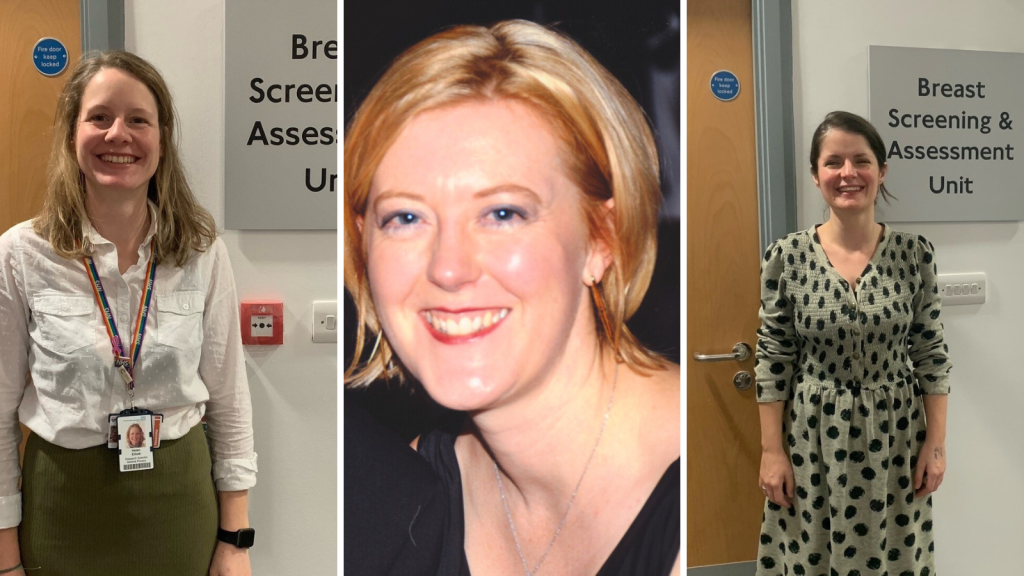The feasibility of a technology called low-dose molecular breast imaging (MBI) will be tested at Newcastle Hospitals, working in partnership with Newcastle University, University College London, and Kromek UK.
Why MBI?
Traditional mammography ( breast screening) is often less able to clearly image tumours in women with dense breast tissue.
MBI uses a radioactive tracer that ‘lights up’ areas of cancer in the breast and is effective in women with dense breast tissue – which is prevalent in people who are at higher risk of cancer, however exposure to radiation is much higher than in mammograms.
The partners are working together, is working to develop a low-dose version that has lower radiation exposure. It is estimated that the solution could deliver eight times less radiation compared to existing MBI technology.
£2m funding
£0.5m from Innovate UK will help to prove the feasibility of using a single photon detector for ultra-low-dose MBI, carried out by Kromek over 18 months.
The second project, worth £2m, is a three-year programme to obtain and deliver clinical data on a low-dose MBI system. It is being conducted as a partnership between Kromek with Newcastle Hospitals, Newcastle University and University College London.

Detecting cancer earlier
The work will be led by a team including Alison Bray (clinical scientist and project lead for Newcastle Hospitals), Helen Elliott (research scientist and lead researcher for Newcastle Hospitals) and Dr Nerys Forester (consultant breast radiologist and breast radiology project lead).
Dr Forester said:
“Breast cancer screening is a vital part of detecting cancer early when tumours are often too small to see and saves thousands of lives in the UK each year. For women with dense breast tissue, cancer can be more difficult to detect and diagnose through routine mammograms because it is harder to see abnormal changes in the breast on imaging.
“We are delighted to be leading the next phase of testing low-dose MBI, working closely with Kromek and University College London.
"In future, we hope this technology could help us to identify breast cancer in women with dense breasts at an earlier stage and save more lives."
Dr Forester
Right treatment at the right time
Arnab Basu, CEO of Kromek Group, added: “Current routine breast screening does not meet everyone’s needs because of its shortcomings in detecting cancers in dense breast tissue, a particular concern for younger women.
“Low-dose molecular breast imaging, which could solve this, has the capacity to save thousands more lives, detecting cancers earlier, before they have time to spread. This helps not only the patient, but also the public health authorities who can provide the right treatment earlier and, ultimately, is more cost effective.
“This additional funding from Innovate UK will allow us and our partners to collate the data needed to progress to clinical tests and then deployment. We look forward to working with our partners to complete the programme.”
